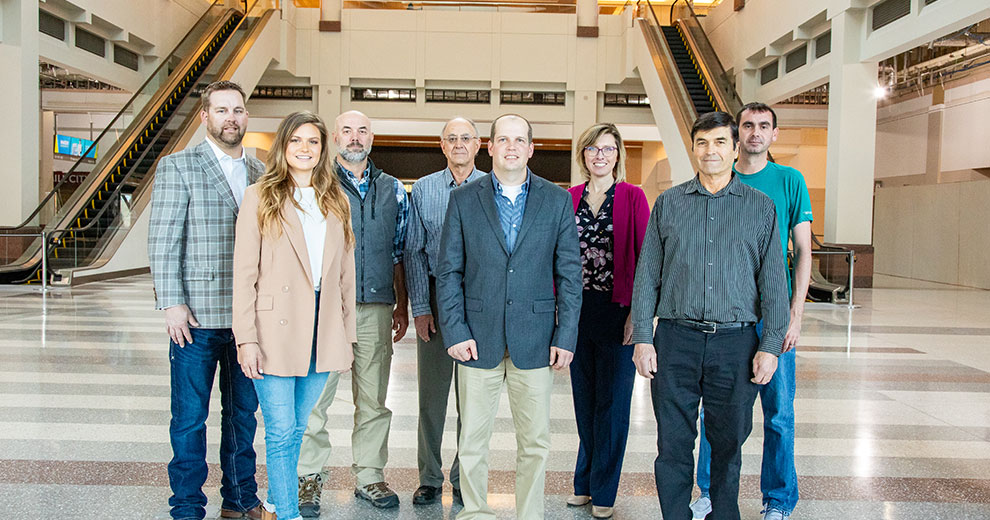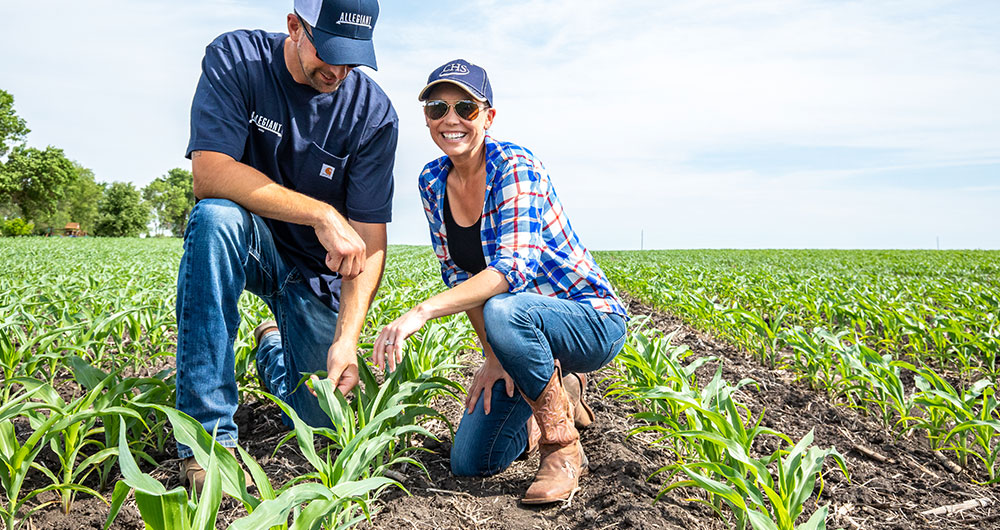Your engagement
People connecting with policy. It isn’t just a phrase, it’s an action plan that strengthens the relationship between Ģ��ֱ�� and policymakers. The Ģ��ֱ��PAC, the political action committee of Ģ��ֱ��, provides employees and producers an opportunity to join with others to bring the Ģ��ֱ�� voice to the forefront. By voluntarily pooling their personal financial resources to support the Ģ��ֱ��PAC, eligible employees and producers help elect candidates at the state and federal level of government, connecting and empowering the Ģ��ֱ�� community.
Ģ��ֱ��PAC practices transparency and thoughtful consideration to identify and support candidates who understand and are sympathetic to economic and regulatory challenges facing the agribusiness, agronomy, and energy sectors. Led by an eight-member advisory committee, criteria are evaluated on an annual basis to guide the decision making to ensure a fair and non-partisan method of political giving. Participation in the Ģ��ֱ��PAC is limited by the Federal Election Campaign Act, which governs the Ģ��ֱ��PAC's activities and reporting requirements.
Contributions to Ģ��ֱ��PAC are not tax-deductible and are completely voluntary. Ģ��ֱ�� will not favor or disadvantage anyone by reason of the amount contributed or a decision not to contribute. Copies of Ģ��ֱ��PAC reports are filed with the Federal Election Commission and are available at .
For information on how to become a Ģ��ֱ��PAC member, please email us.




